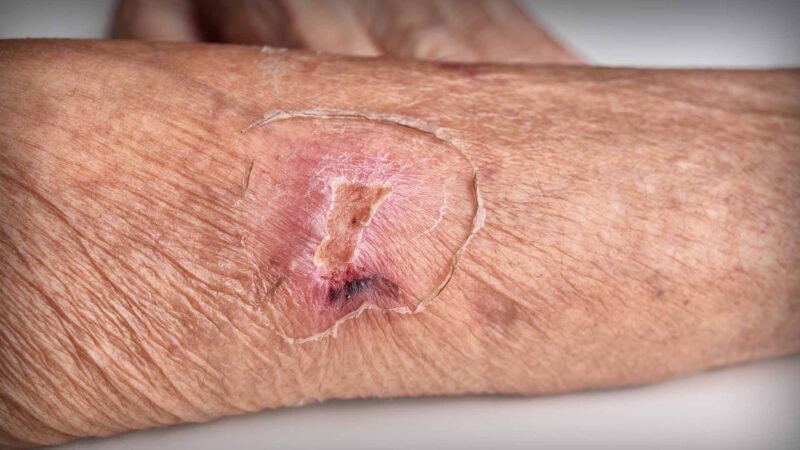PRACTICING TO THE TOP SCOPE OF UROLOGY PRACTICE AND ADVANCING TREATMENT AND PATIENT CARE THROUGH RESEARCH
People In Health Care Segment
Filmed in Melbourne | March 2025
With
Michael Cromer,
Urology Nurse Practitioner
Australian Prostate Cancer (APC) & Western Urology,
Melbourne
Michael is a urology nurse practitioner with a special interest in prostate cancer survivorship, and has worked in urology for the past ten years. Michael has completed the Prostate Nursing Care course at Latrobe University, Graduate Certificate of Health with a specialisation in Scheduled Medicines (USQ), and the Master of Nursing (Flinders) to become a Nurse Practitioner in 2024.
As a Urology Nurse Practitioner he divides his time between the Australian Prostate Centre and Western Urology.
He also has particular interest in sexual function, continence management and procedures under local anaesthetic. Currently Michael is involved in several research projects relating to prostate cancer testing and treatment, BPH and sexual function.
Michael is a member of the Australia & New Zealand Urological Nurses Society (ANZUNS), Victorian Urological Nurses Society (VUNS), and the Australian College of Nursing (ACN).
Source: supplied and edited
You Might also like
-
Spinal implant technology eyes global opportunity
Adelaide, South Australia wants to let the secret out, and be known as hub for medical devices, pharmaceuticals, biotechnology, and digital health. It boasts world-class research institutions, such as the University of Adelaide and SAHMRI, fostering innovation and collaboration. The city’s supportive government policies provide incentives, grants, and streamlined regulations for businesses. Adelaide’s skilled workforce, renowned for its expertise in health sciences, offers a talent pool to drive industry growth. Additionally, the city’s strategic location, advanced infrastructure, and strong healthcare ecosystem make it an ideal base for development, manufacturing, and market access, attracting companies in these sectors.
-
Smart technology in wound care
Throughout her journey around wound care, Santosh Kaur was frustrated to see the simple gaps in wound care resulting in negative patient outcomes. Santosh is the founder of SmartHeal which launched in 2020.
SmartHeal replaces the nurses taking cumbersome manual measurements and manual sharing of important wound data with a no touch technique. It aims for healthcare professionals to have live remote access to wound data, make wound assessments and assist with speech to text notes thus saving time, cost and people. SmartHeal also aims to assist healthcare professionals in providing optimum wound care by analysing the wound tissue for infection, moisture and providing suggestions for suitable dressing.
-
Journey of an ICU Nurse on International Nurses Day 2025
Kate Leigh is a clinical nurse at the Sir Charles Gairdner Hospital Intensive Care Unit in Perth, Western Australia, with seven and a half years of experience in intensive care, having started her career in London as a new graduate nurse. Initially focused on haematology, she found herself drawn to ICU after meeting a confident and knowledgeable nurse during a discharge. Inspired by his expertise and assuredness, Kate decided to pursue a transfer to Critical Care after seeing an internal advertisement that highlighted educational opportunities and professional development programs.



